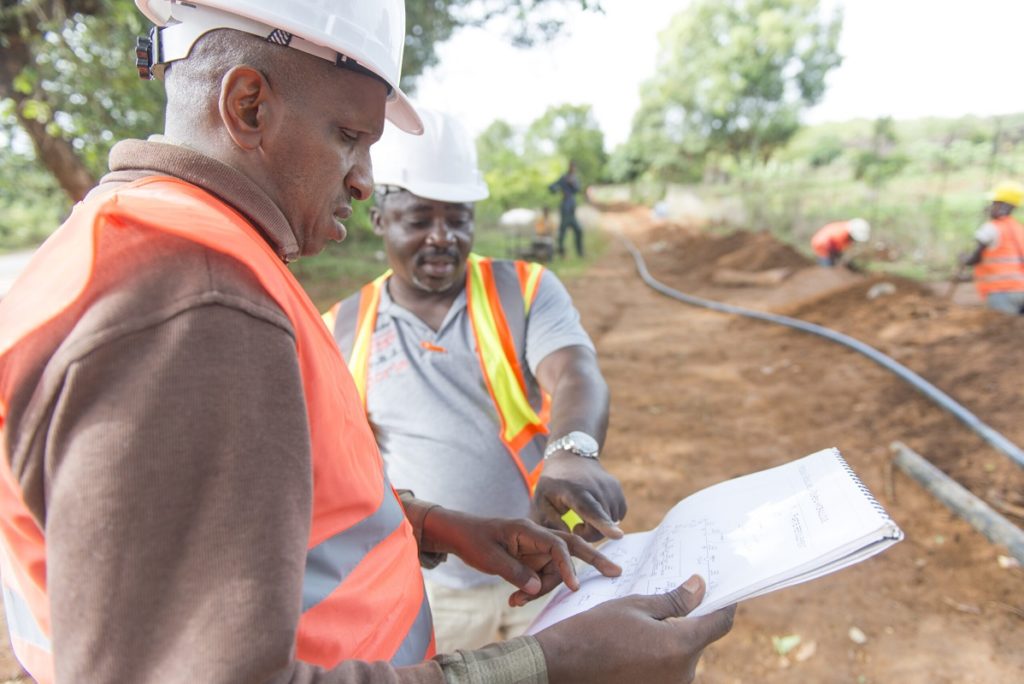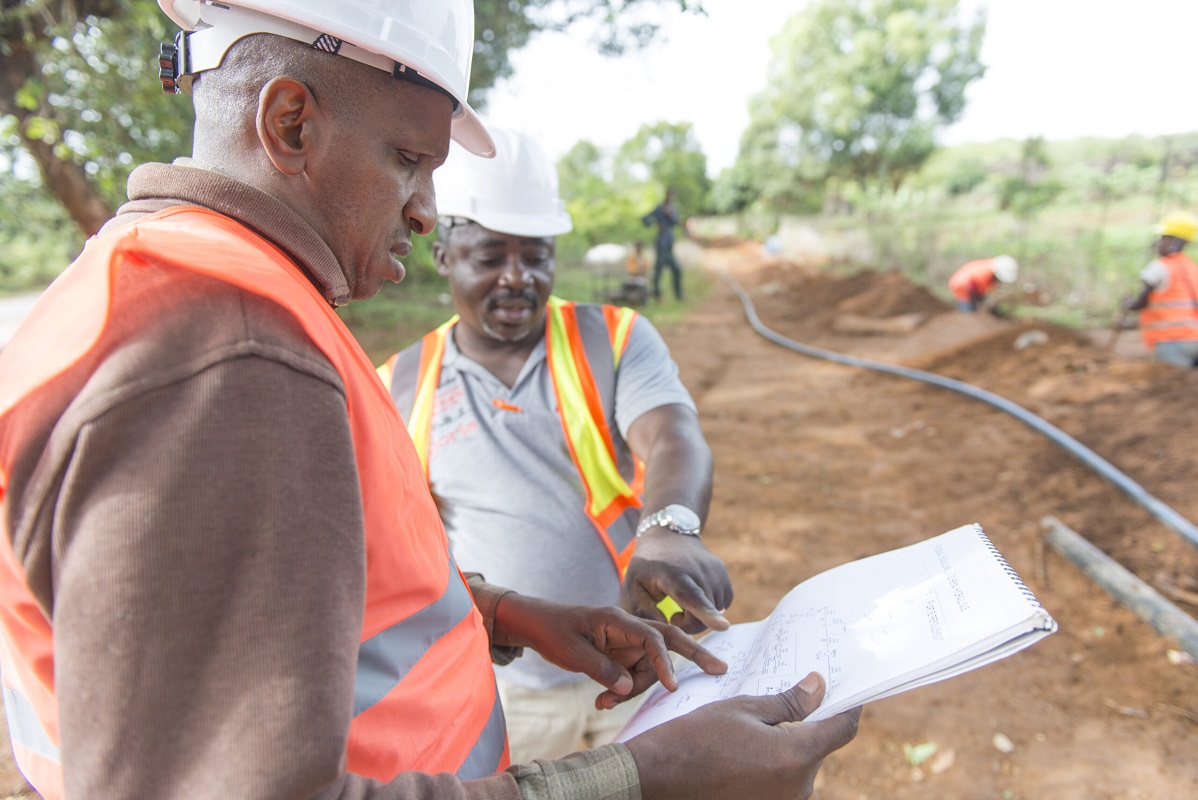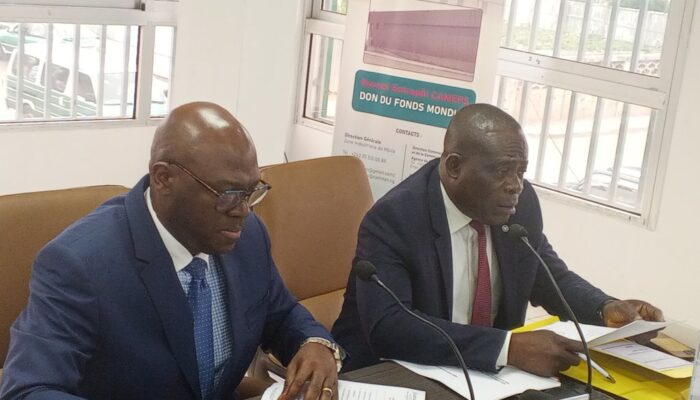The concept note for the evaluation of the national public procurement system was validated on February 20 in Brazzaville by stakeholders (public administration, private sector and civil society). The new tool is based on the MAPS II evaluation methodology, which is supposed to guarantee better governance of public procurement.
The adoption of the national procurement system evaluation document represents a step forward in the modernization of the order evaluation mechanism undertaken by the Congolese authorities, with the support of the World Bank, through the Program to accelerate institutional governance and reforms for sustainable service operation (Pagir). The reform should ultimately contribute to strengthening the accountability, integrity and transparency of the national public procurement system.

The MAPS evaluation methodology was chosen to meet the needs of transparency, evaluation quality and the effectiveness of public action. Based on verifiable data, the MAPS II mechanism will allow policy makers, the Public Procurement Regulatory Authority (ARMP) and the public sector, including public companies and institutions, the private sector and civil society organizations to have an overview of the quality of tender notices issued by the State. According to stakeholders, MAPS II will also promote the assessment of the quality of the public procurement system in Congo, the development of the reform strategy based on the strengths and weaknesses identified and the legal and institutional framework.
Opening the workshop to validate the assessment tool, Gervais Bouiti-Viaudo, the Prime Minister’s special advisor for governance, economic dialogue and the fight against corruption, indicated that the ongoing process is in line with the dialogue between the World Bank and the Congolese government. The latter is committed via Pagir, he added, to conducting the assessment of the procurement system using the MAPS II methodology. ” The government believes that reforms must be implemented to improve institutional governance and thus ensure the sustainable operation of services. The government’s objective is to increase the efficiency of public spending by focusing, among other things, on improving public procurement practices and strengthening public investment management ,” Gervais Bouiti-Viaudo stressed.
In order to have better control over the public procurement system, the authorities have undertaken reforms of public finance management for the period from 2020 to 2029 at an estimated cost of 337 million dollars (approximately 211 million CFA francs). The State wants to know whether the procurement system is capable of handling all volumes of public orders.






